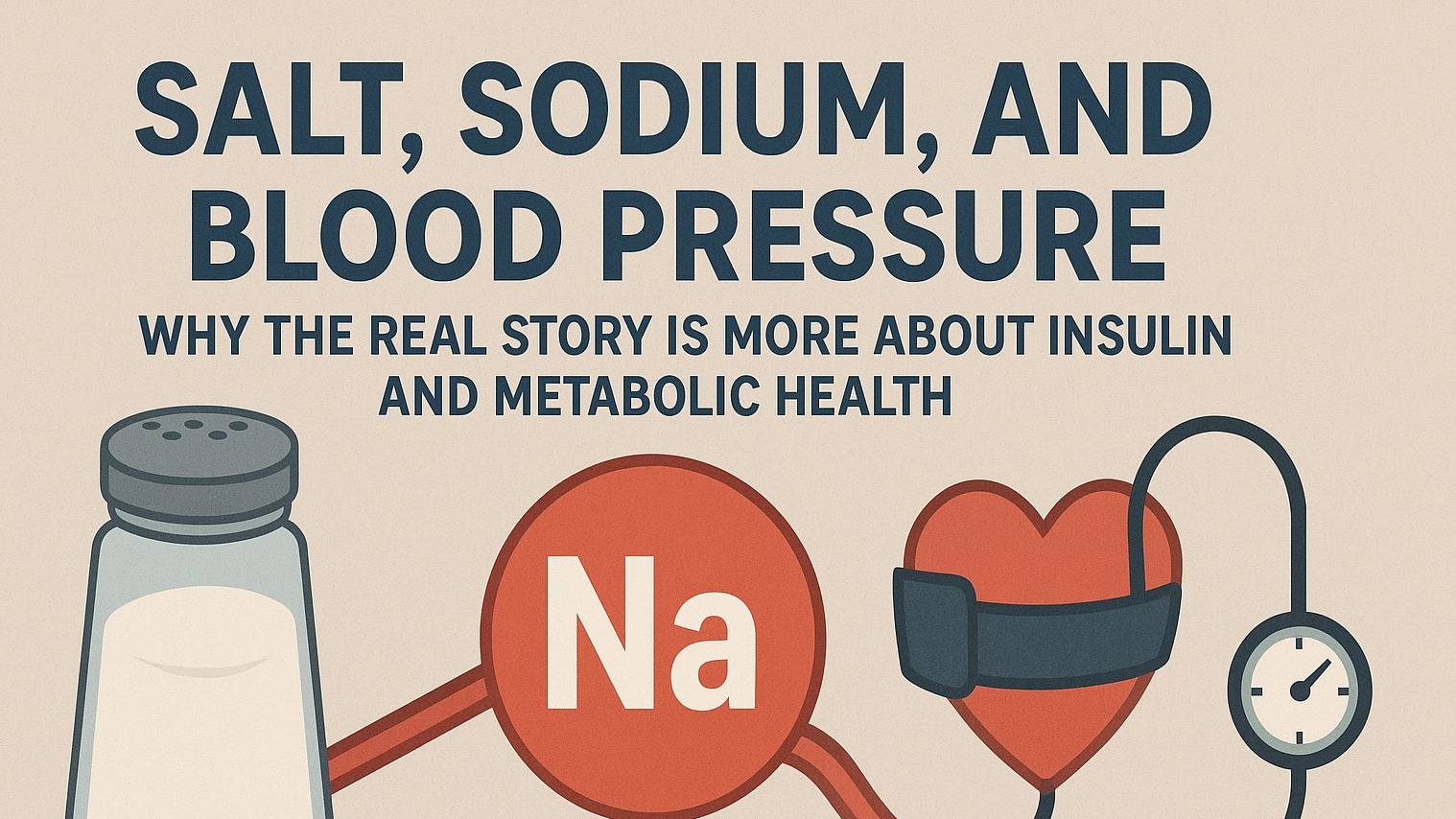
Early neurodegeneration—seen in conditions like brain fog, mild cognitive impairment (MCI), and the early stages of Alzheimer’s disease—is often a silent process that begins long before any diagnosis. But there are recognizable biological signatures that can signal the brain is under stress:
Impaired glucose metabolism in the brain: This is one of the earliest and most persistent features of Alzheimer's disease. Sometimes called “Type 3 diabetes,” this reflects the brain’s growing inability to use glucose effectively as fuel.
Mitochondrial dysfunction and oxidative stress: Mitochondria, the energy producers in our cells, begin to falter. This leads to less efficient energy production and increased free radicals that can damage brain tissue.
Chronic neuroinflammation: Inflammatory molecules and activated immune cells (microglia) create a “low-grade fire” in the brain, which contributes to degeneration over time.
Accumulation of misfolded proteins: Proteins like beta-amyloid and tau begin to clump abnormally, disrupting neuron function and connectivity.
Breakdown of the blood-brain barrier (BBB): This vital filter becomes "leaky," allowing harmful molecules into the brain and making it harder for the brain to clear toxins.
Together, these issues create a cascade that erodes memory, slows processing speed, impacts mood, and impairs focus—often years before a formal diagnosis is made.
🔁 Intermittent Fasting to the Rescue
Intermittent fasting (IF) is far more than a weight-loss tool. It offers a powerful metabolic and neurological reset that directly targets many of the early changes seen in neurodegeneration. When done intentionally, fasting allows the brain to enter a state of repair, regeneration, and metabolic renewal.
🔬 1. Improves Brain Energy Metabolism
One of the most immediate and powerful benefits of fasting is the shift from glucose dependence to ketone utilization.
Ketones (especially beta-hydroxybutyrate, or BHB) are a clean-burning fuel that bypasses insulin pathways and provides energy to the brain—even when glucose uptake is impaired.
The inflamed or aging brain often resists glucose but remains receptive to ketones, making fasting and ketogenic strategies especially helpful in cognitive decline.
Ketone metabolism reduces oxidative stress compared to glucose and supports brain cells more efficiently during metabolic stress.
🧠 Clinical Insight: Studies show that early-stage Alzheimer's patients often experience clearer thinking and improved memory on ketogenic diets or fasting protocols that elevate ketone levels.
🧽 2. Activates Autophagy: The Brain’s Detox Mechanism
Autophagy—literally “self-eating”—is your body’s housekeeping service, and fasting is its most potent trigger.
It clears out misfolded proteins like amyloid-beta and tau, both heavily implicated in Alzheimer’s disease.
It helps remove damaged mitochondria that are no longer functioning optimally, improving cellular efficiency.
It sweeps up toxic cellular debris, reducing inflammatory load and freeing neurons to operate more effectively.
Think of it as a neurological "decluttering"—akin to Marie Kondo cleaning out the attic of your brain. This inner cleanse makes room for new synaptic growth and better communication between brain cells.
🔥 3. Reduces Neuroinflammation
Chronic inflammation is one of the quietest yet most damaging contributors to cognitive decline. Fasting acts as a potent anti-inflammatory intervention by:
Decreasing inflammatory cytokines, such as IL-6 and TNF-alpha, which are elevated in neurodegeneration.
Inhibiting the NLRP3 inflammasome, a cellular danger-sensor that, when overactive, drives much of the brain’s inflammatory response.
Boosting anti-inflammatory molecules like adiponectin, which play a protective role.
This helps calm the brain’s overactive immune cells (microglia) and reduces further injury to the blood-brain barrier.
🌿 4. Boosts Brain-Derived Neurotrophic Factor (BDNF)
BDNF is a critical molecule for brain health, acting as a growth hormone for neurons.
It promotes neurogenesis (the formation of new neurons) and helps repair damaged ones.
It improves synaptic plasticity, which underlies learning and memory.
It’s especially active in the hippocampus, the brain’s memory center.
Low BDNF is associated with depression, Alzheimer’s, and sluggish cognitive function. Fasting has been shown to naturally increase BDNF levels—offering a drug-free way to stimulate your brain’s growth and repair pathways.
⚡ 5. Enhances Mitochondrial Function
When mitochondria falter, so does your brain. Fasting promotes mitochondrial biogenesis, the creation of new and more efficient mitochondria.
This leads to better ATP production—energy the brain can use.
It also reduces free radical production, protecting brain tissue from oxidative stress.
Stronger mitochondria mean more cellular resilience and slower progression of neurodegenerative processes.
This revitalization of the brain’s energy systems is foundational for restoring cognitive clarity.
🧬 6. Supports Insulin Sensitivity in the Brain
Insulin resistance doesn’t just affect the body—it affects the brain, too. In fact, insulin resistance in the brain is a hallmark of Alzheimer’s.
Fasting helps reverse this by:
Lowering basal insulin levels, reducing inflammation and metabolic stress.
Improving insulin receptor sensitivity, which means the brain can better access nutrients.
Reducing glycotoxicity, or sugar-related damage to neurons, which is especially important in slowing cognitive decline.
The result? Enhanced mental clarity, stabilized mood, and improved long-term brain health.
📊 Summary: How Intermittent Fasting Reverses Early Cognitive Decline
Fasting Benefit |
Impact on Brain Health |
✅ Ketones for Fuel |
Bypasses glucose deficits to fuel neurons cleanly |
✅ Autophagy |
Clears out toxic proteins and cellular debris |
✅ Inflammation Reduction |
Calms neuroinflammation and supports BBB integrity |
✅ More BDNF |
Rewires the brain, improving mood and memory |
✅ Mitochondrial Enhancement |
Powers up sluggish neurons for better performance |
✅ Insulin Sensitivity |
Restores metabolic balance and protects against dementia |
💡 How to Start (Safely)
Intermittent fasting is powerful—but it must be approached with care, especially for women and those with thyroid or adrenal concerns.
🕒 Start with:
A 14:10 or 12:12 fasting window
Use a circadian-aligned eating pattern (daylight eating)
Focus on nutrient-dense, anti-inflammatory meals
Stay hydrated with electrolytes and minerals
Avoid fasting on high-stress or poor-sleep days
If you feel lightheaded, anxious, or extremely fatigued—ease back. Healing the brain is a marathon, not a sprint.
🧠 Final Thought: Fasting as Neurological Rehab
Fasting isn’t just about burning fat—it’s a precision tool for metabolic and cognitive restoration. In the earliest stages of neurodegeneration, fasting creates a metabolic environment where the brain can repair, detoxify, and even regrow. It empowers your biology to fight back—clearing space, calming inflammation, and restoring mitochondrial energy.
With proper guidance, intermittent fasting can serve as a potent and personalized form of neurological rehabilitation, giving your brain what it needs most: time, space, and metabolic clarity. If you need more information on fasting, reach out to Kim Larson at larsonhelathweightloss.com. I am a certified Fasting FLAG coach.
 Add Row
Add Row  Add
Add 










Write A Comment